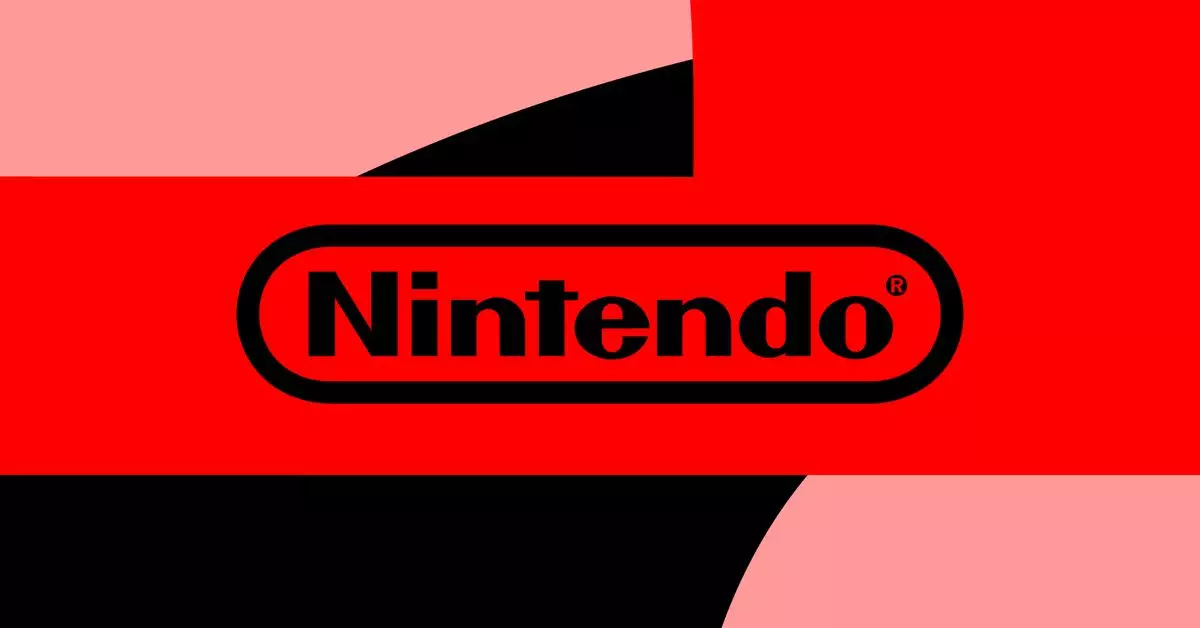Nintendo, a cornerstone player in the gaming industry, continues to capture the imagination of both seasoned players and newcomers alike. While the company has yet to unveil details about its highly anticipated successor to the Nintendo Switch, some essential elements about its future compatibility and services have been confirmed. This information emerged during Nintendo’s recent midyear policy briefing, where excitement soared with the promise that the upcoming console will support current Switch games and facilitate seamless integration with Nintendo Switch Online services and user accounts. Notably, the company has pledged to share additional details soon, fueling speculation and enthusiasm within the gaming community.
Recent sales figures shed light on the performance of the current Switch console. In the last quarter, Nintendo reported a shipment of 4.72 million units, representing a notable decline of 31 percent from the same timeframe the previous year. Despite this setback, the total sales numbers tell a different story, with an impressive 146 million Switch consoles sold, marking a new benchmark in software sales for Nintendo, with a staggering 1.3 billion units sold by September 30, 2024. This enduring popularity of the Switch, even years post-launch, underscores its strong market position, as Nintendo continues to engage over 100 million players annually.
However, the slight dip in Nintendo Switch Online memberships, which currently sits at 34 million, raises questions about long-term engagement. Notably, there is a silver lining—more players are opting for the more expensive Expansion Pack tier that offers a broader library of games, demonstrating that consumers see value in enhanced offerings.
Backward compatibility has emerged as a contentious issue within the gaming landscape, with major console manufacturers divided in their approaches. Both Microsoft and Sony have prioritized backward compatibility in their latest systems, the Xbox Series X and PlayStation 5, enabling players to access their favorite games from previous consoles. In stark contrast, Nintendo’s transition from the Wii U to the Switch introduced a significant challenge, as this switch involved moving from disc-based to cartridge-based media. The implications of this change present hurdles for gamers wishing to play their older favorites.
While optimism remains for future remastered versions or re-releases through Nintendo’s online platform, it seems unlikely that these aspirations will cater to every gamer’s nostalgia. The promise of the next Nintendo console also raises the question of whether these titles will ever be made accessible.
The conversation surrounding backward compatibility extends beyond consumer convenience; it intertwines with the critical issue of video game preservation. A report from the Video Game History Foundation reveals alarming statistics regarding the availability of older titles, indicating that more than 87 percent of games released prior to 2010 are either “critically endangered” or have vanished from availability altogether. While Nintendo has made strides by incorporating select titles from its back catalog into the Switch’s lineup, countless classics remain locked away, leaving a gap in the preservation of gaming history.
As the gaming industry evolves, the need for accessible avenues to experience historical titles becomes more pressing. With the future iteration of the Switch on the horizon, gamers and preservationists alike will be keenly observing whether Nintendo takes a proactive stance in safeguarding its legacy while ensuring its vibrant community of players can continue to revel in a rich gaming experience that bridges the old with the new.
Nintendo stands at a pivotal moment characterized by ambitious plans, a robust sales record, and significant challenges surrounding backward compatibility and game preservation. As the company prepares to introduce its upcoming console, the gaming world holds its breath, eager to see how Nintendo balances innovation with its legacy. The stakes are high, and the possibilities are boundless; the decisions made in the coming months could shape the future of not only Nintendo but the broader gaming landscape for years to come.


Leave a Reply